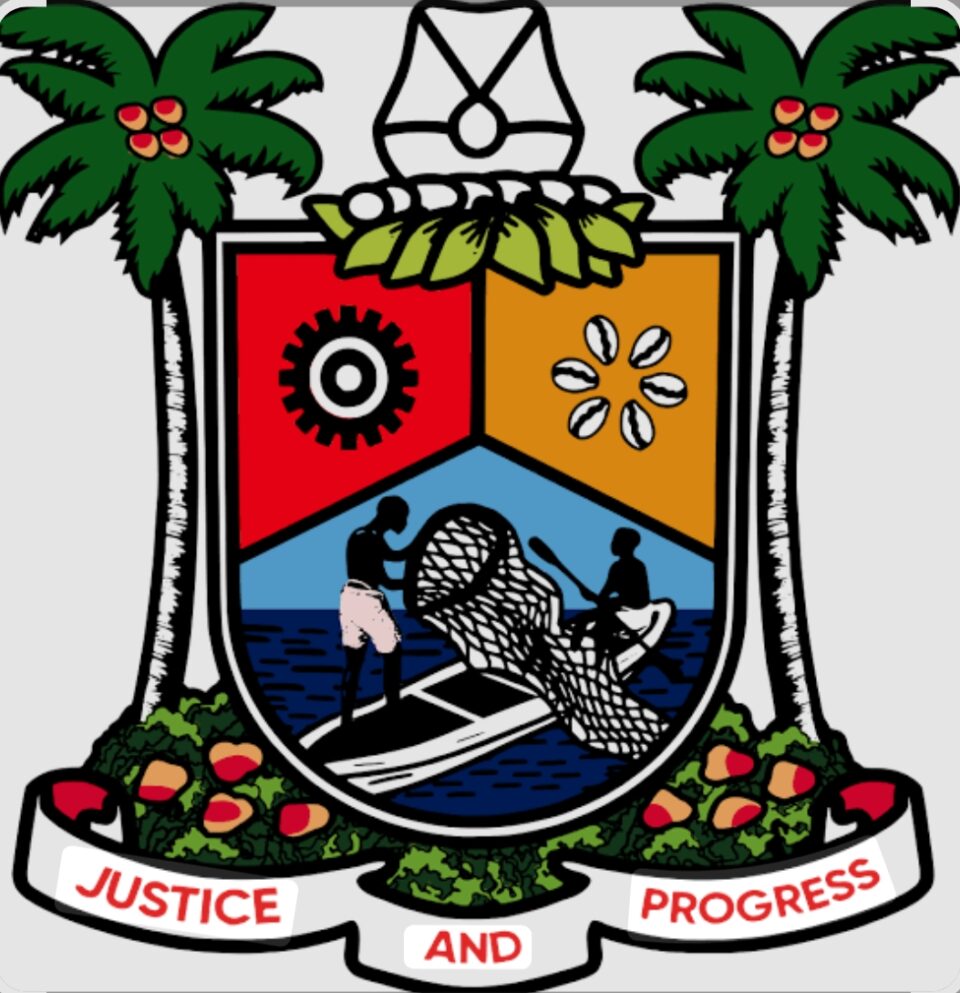...a case for Diversity, Equity, and Inclusiveness
By Osa Mbonu-Amadi
When the “owners” of Lagos advocate for the removal of Igbo-named streets in favour of Yoruba ones, they inadvertently raise a profound and troubling question: Why not change “Lagos” itself, a Portuguese name imposed during colonial exploration, back to its true indigenous form—Eko? This question starkly illuminates the inconsistency, danger, and lack of genuine respect for diversity and inclusion that such selective renaming exercises represent.
The etymology of Lagos is a reminder of shared histories. The city’s name, “Lagos,” is not Nigerian in origin. Instead, it draws from the Portuguese word for “lakes,” named after the southern Portuguese city of Lagos by explorer Rui de Sequeira in 1472. The indigenous name for Lagos is Eko. This multi-layered heritage shows that place names evolve with history and reflect the interwoven destiny of peoples, both local and foreign.
The recent Lagos street renaming, from all indications, is bigotry masquerading as heritage. Recently, Lagos State witnessed the replacement of 24 streets’ Igbo names with Yoruba ones by elders claiming to root out “foreign names.” Critics immediately decried this move as a manifestation of bigotry and ethnic favoritism—an action that disregards the city’s pluralistic reality, where various Nigerian communities have lived and contributed for generations. The process was notably non-inclusive, bypassing due legal and democratic approval and inflaming ethnic tension in an already polarised environment.
The northeast corner of Second Avenue and 44th Street in Manhattan, New York City today bear the name, Kudirat Abiola Corner. Those who are removing Igbo names from Lagos streets and replacing them with Yoruba names and their supporters do not see anything wrong in a street in New York City named after a Yoruba.
As one commentator observed, changing street names in a multi-ethnic metropolis like Lagos without consensus “is not just authoritarian, it is ontologically violent. It deletes the ‘people’ from the polity… when winners write history in concrete, and losers lose not only elections but memory, we set the stage for deeper fragmentation.”
There are reasons why single-ethnic renaming exercises are harmful. One of those reasons is erasure of minority contributions. Renaming streets to systematically erase one group’s language or symbols is a denial of their contributions and belonging. It sends the message that only one narrative, one heritage, is valued.
Second, the exercise fuels division. Rather than fostering unity, these exercises deepen suspicion and resentment among communities who feel targeted or marginalised.
Another reason is administrative chaos and confusion. Residents, businesses, and services often struggle to adapt to rapid renaming, causing practical disruption. But the biggest reason, perhaps, is undermining the DEI principles. Diversity, Equity, and Inclusion demand that all groups see themselves reflected in public spaces. Supplanting one group’s names for another’s is the antithesis of these values and undermines the project of nation-building.
Besides, there is the global view. Street names that honor non-Indigenous peoples or narratives abound.
History and urban landscapes worldwide are filled with place names that originate outside their present-day cultures or ethnic groups, often persisting for centuries.
As has already been observed, Lagos in Nigeria was named by the Portuguese, not by the Yoruba or any Nigerian group. Similarly, New York, USA, formerly New Amsterdam, was renamed by the English in honor of the Duke of York, with many neighborhoods still reflecting Dutch and British histories.
Toronto’s Dundas Street, Canada, was named for Henry Dundas, a Scottish politician; its proposed renaming due to his links to slavery has sparked local debate. Berlin’s Streets, Germany, is another example. Efforts are underway to rename avenues once named after German colonialists, though many such names persist and reflect a layered history.
In Kampala, Uganda, over 9,000 roads underwent a renaming campaign to remove colonial British names, often without local community consultation, sparking its own debates over process and representation.
In South Africa, there was the case of Pretoria and Johannesburg. Post-apartheid efforts to replace Afrikaner or colonial names with those of liberation heroes sparked both celebration and grievance, depending on perspective.
In Senegal and Niger, there’s a movement to replace French colonial names with indigenous or national figures. Even though such policies resonate continentally, they also stir strong feelings about history and identity.
In Atlanta, USA, streets once named ‘Confederate Avenue’ became ‘United Avenue’ in a campaign led by marginalised communities to redefine their city’s symbols. Lastly on the global view, in Mostar, Bosnia, street renaming mirrored ethnic and political battles in the aftermath of Yugoslavia, shaping daily experience of identity and belonging.
Ultimately, street name engenders the sense of belonging. Fundamentally, renaming a road is never just administrative—it is about defining who belongs, who is honoured, and which version of the past is made visible. In multi-ethnic locales, street names can either celebrate coexistence or weaponise memory. When local authorities “cleanse” public spaces of certain names, they not only alter the cityscape, but wound the psyche and identity of affected communities.
The foregoing, therefore, necessitates a call for principles in forms of consultation, balance, and inclusiveness. The lesson from history and from present-day struggles is simple: street renaming must never be a tool of exclusion or ethnic score-settling. When public memory is democratised, via broad consultation and balance, cities strengthen their pluralist fabric and foster true reconciliation. But when used to score political points or to erase the other, contentious renaming threatens social harmony, undermines equity, and narrows the public narrative instead of enriching it for all.
As Lagos grapples with its identity, its history—Portuguese, Yoruba, Igbo, and more—offers a profound teaching: Unity lies not in violent erasure, but in the embrace of the full spectrum of its peoples and stories. Only then can Nigeria’s greatest city truly belong to everyone who calls it home.


